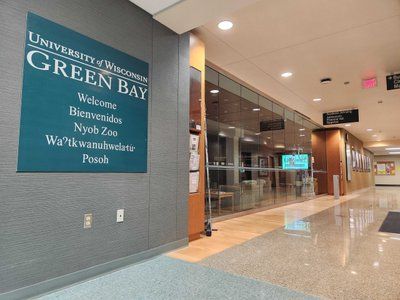A recently launched clinical study, highway lanes for autonomous vehicles, and a ruling in an intellectual property-focused court case are among these recent headlines from Wisconsin’s innovation community:
—Promentis Pharmaceuticals, a Milwaukee-based developer of drugs designed to modify brain chemistry to treat central nervous system disorders, said it has started a Phase 1 clinical study of its lead drug compound, SXC-2023. The drug is designed to engage “system xc-,” a molecular mechanism that regulates brain chemistry by ferrying two amino acids—cysteine and glutamate—into and out of neurons.
Promentis said the study is aimed at using SXC-2023 to treat trichotillomania, a chronic and disabling condition marked by hair pulling and hair loss. Trichotillomania is part of a group of obsessive-compulsive and related neuropsychiatric disorders that glutamatergic imbalance and oxidative stress are believed to exacerbate, the company said. It’s estimated that trichotillomania affects about 1 percent of the U.S. population, according to Promentis.
Earlier this year, Promentis completed a $26 million Series C funding round. The company said it plans to use some of the proceeds from the round to advance SXC-2023 through Phase 1 clinical trials and to a Phase 2 “clinical proof of concept.”
—Nearly ten years after University of Wisconsin-Madison biology professor James Thomson and colleagues became the first researchers to derive human induced pluripotent stem cells (iPSCs), numerous businesses and academic laboratories in the area are working to develop stem cell-based therapies, the Wisconsin State Journalreported. iPSCs can be differentiated into any type of cell fond in the human body. This makes them useful to groups in the regenerative medicine field seeking to manufacture human tissue, for example.
Read the full Xconomy article here.





